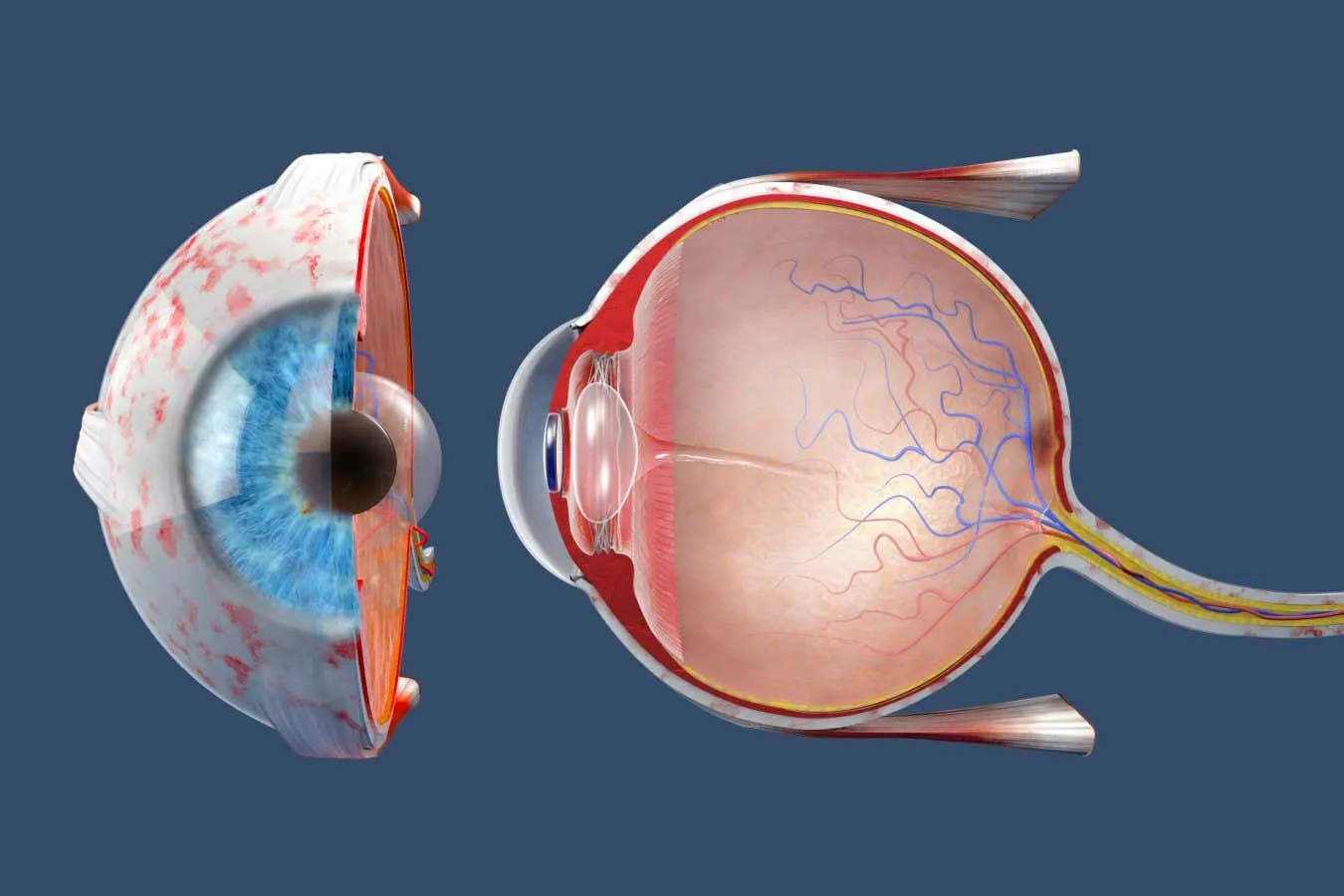Exploring Age-Related Sight Loss: How Stem Cell Transplant Offers Hope for Vision

Understanding Age-Related Sight Loss
As people age, the risk of experiencing vision problems increases significantly. Age-related sight loss can severely impact quality of life, leading to challenges in daily activities.
The Role of Stem Cell Transplant
Recent research highlights how stem cell transplant can repair damaged retinas in individuals suffering from sight issues linked to ageing. In experiments, a monkey's vision improved dramatically following the procedure.
- Key procedure: Stem cell treatment aids in patching up retinal holes.
- Significant findings: Enhanced vision tested post-transplant.
- Potential future applications for humans.
Future of Vision Care
As studies develop further, this technique could revolutionize treatment for elderly patients facing vision loss. Continued exploration into stem cell therapy may open new avenues for effective vision restoration.
Disclaimer: The information provided on this site is for informational purposes only and is not intended as medical advice. We are not responsible for any actions taken based on the content of this site. Always consult a qualified healthcare provider for medical advice, diagnosis, and treatment. We source our news from reputable sources and provide links to the original articles. We do not endorse or assume responsibility for the accuracy of the information contained in external sources.
This article was prepared using information from open sources in accordance with the principles of Ethical Policy. The editorial team is not responsible for absolute accuracy, as it relies on data from the sources referenced.